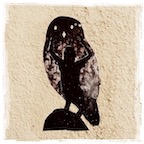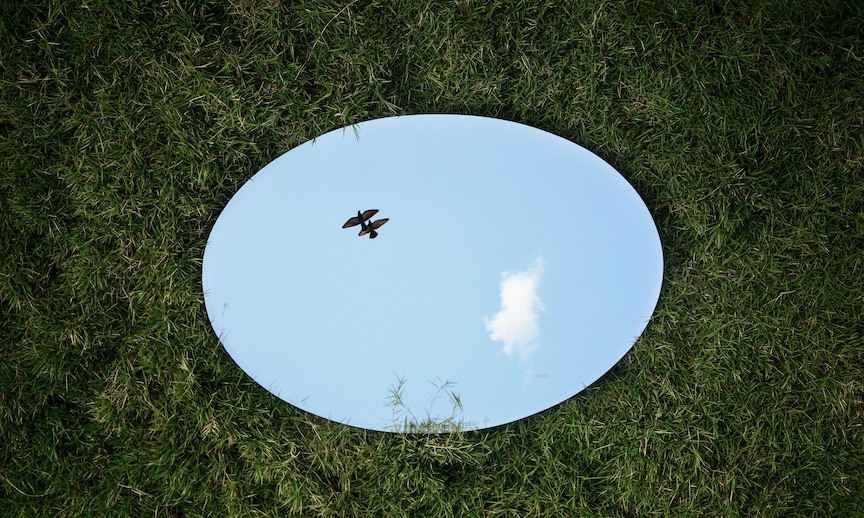HORN OF PLENTY
I started thinking about that traditional symbol of abundance and Thanksgiving, the horn of plenty.
My Dad always made gorgeous centerpieces that featured it, mums & gourds & berried stems pouring out of a wicker cornucopia that he pulled from the closet every November. I saw some at the craft store a couple of days ago, ready to be filled for holiday tables. I toyed with the idea of purchasing my own straw horn and began to pile my shopping basket with plastic leaves, flowers, and fruit. But in the end I talked myself out of the investment, mainly because I didn’t want to have to figure out where to keep all that stuff in the off-season.
It’s a ubiquitous motif this time of year, and a lovely one. Few images so clearly evoke ripeness, harvest, bounty, and overflow — a remembrance of all there is for which we can be grateful.
The word cornucopia literally means “horn of plenty.” I knew that much. But I wondered where the idea and symbology began. I ended up in a google-warren of classical mythology, history, linguistics, and etymology…
Horn-shaped baskets were traditionally worn over-the-shoulder during harvest time, which left workers’ hands free for picking. I wasn’t able to find out if the particular shape was designed for balance, or sturdiness, or if it was simply an easier thing to weave. Anyway, the fashion stuck.
The Greeks explained the cornucopia’s origin in the story of the infant Zeus, who would grow up to be king of the Olympian gods. Zeus’s father, Kronos, was terribly jealous of his progeny. It had been foretold that Kronos eventually would be overthrown by one of his offspring, so to keep this from happening, he devoured them as they were born. Finally, after watching her husband swallow five of her children, Kronos’s wife Rhea had had enough. Instead of handing her youngest over to be eaten, she fed her husband a rock disguised as the baby, and hid little Zeus in a remote cave. There, the future king was fostered by the goddess Amalthea. Amalthea may have been a goat, or maybe she just had a goat. In either case, while the godling was suckling on goat’s milk one day, he accidentally broke off one of his nursemaid’s horns. Because she was divine and he was divine, the horn began to pour forth grains and fruit and unending nourishment. Ta da!
The Romans changed the story to Hercules breaking off the prong of a river god, with the same copious effect. The horn of plenty became associated with various gods and goddesses in both Greek and Roman traditions — big names like Dionysus and Ceres and Aphrodite — and also deities of whom I’d never heard, like Abundantia and Eudaimonia.
Travis said, “Why the hell did we ever stop worshiping Abundantia?!” I wonder the same about Eudaimonia, whose name literally translates as “good spirit.” She is the embodiment of life well-lived — flourishing self-actualization, happiness, virtue, and purpose.
Why, indeed, doesn’t everybody worship these goddesses? Or, if we do, in the ways that we do, why do we get so weird about them? Fulfillment, plenty, prosperity, enough-ness, worthiness, abundance, ever-flowing goodness… Certainly, these are all qualities and experiences for which we all yearn! Still, it tends to get weird.
I suppose it does feel a bit “off” to talk about worshiping or revering abundance. Immediately, the thought conjures up “the root of all evil,” and all that. So I’m sure there’s wisdom in being a little cautious around how the adoration of things material can sometimes tilt into greed and exploitation if we’re not mindful. Prosperity gospel has been used to channel money upwards to the already-rich and already-powerful for a long time, in both religious and secular contexts. So let’s not do that.
But also let’s not go to the other extreme of ennobling or celebrating poverty and lack. We don’t do ourselves or anyone else a favor by saying that it’s more spiritual, more authentic, more artistic, or more honest to be poor. I’m not sure if that attitude is an overcompensation for the evils of wealth inequality or just “sour grapes.” Either way, it seems self-defeating to adopt it.
Wayne Dyer said, “Abundance is not something we acquire. It is something we tune into.”
Thank you, Mr. Dyer. Prosperity doesn’t have to be acquisitive, just about getting and more getting. But neither does it serve us to pretend that we don’t care about it. Affluence and freedom involve neither accumulating nor avoiding, neither hoarding nor damming up. It needs to move. It needs to move to and fro, in all directions.
A worshipful experience of Abundance is about recognizing this flow of good through everything — through Life Itself, and through all our activities and relationships and commitments in It. Obviously, this isn’t limited to material good, but it can’t exclude it either, not if we’re talking about our living experience. Financial freedom doesn’t mean freedom from money, it means freedom with it. If we’ve got static around lavishness and comfort and opulence, we might want to adjust our dial to tune in more completely.
The cornucopia keeps spewing forth. The question is: how do we tap it, experience it, enjoy it?
For me, the answer usually has something to do with Participation. We participate with. We cooperate with. Like little Zeus grabbing his nanny’s horn, we are invited to grab Life by the… something. Not to mix too many metaphors here, maybe there’s also something about tooting our own horn in here, too. As we engage open-hearted with full-throttle commitment to the things that matter to us, we experience more deeply the good-spiritedness, the eudaemonia, inherent in all of it.
Once again, I’ll tie this back in to our Gratitude theme: with Gratitude for our own participation, our contribution to Life and our commitments to things that matter. Thank you all the ways you grow and flow things, friends!
Join me this Sunday at 10:00am at Maple Street Dance Space. Melissa Martinez will be our special musical guest this week! As always, my talk will also be on the website Sunday night. XO, Drew
©2021 Drew Groves




